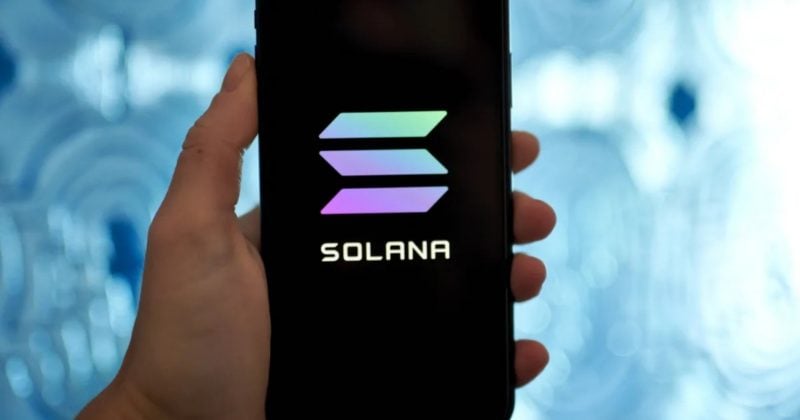The Ripple Lawsuit: A New Chapter in Cryptocurrency Regulation
Following the Securities and Exchange Commission’s (SEC) decision to dismiss the case against Coinbase, the cryptocurrency community held its breath as the spotlight shifted to another high-profile lawsuit: Ripple Labs versus the SEC. The case, which centers around the sale of XRP tokens, has been a subject of intense debate among industry experts, investors, and regulators.
Background of the Ripple Lawsuit
Ripple Labs, a California-based fintech company, is accused of selling approximately $1.3 billion worth of unregistered securities in the form of XRP tokens between 2013 and 2020. The SEC alleges that Ripple and its executives, Brad Garlinghouse and Chris Larsen, violated federal securities laws by conducting an unregistered securities offering. Ripple, on the other hand, argues that XRP is not a security and that it should be classified as a currency or commodity.
Trump’s Administration Weighs In
As the legal battle rages on, the political landscape has started to shift in Ripple’s favor. During his final days in office, former President Donald Trump’s administration indicated its support for a more lenient regulatory approach towards cryptocurrencies. In a statement, acting Comptroller of the Currency Brian Brooks said, “Cryptocurrencies are here to stay. They are not going away. They are not a fad. They are going to be part of the financial system for a long time.”
This statement, along with previous actions taken by the Office of the Comptroller of the Currency, which granted special-purpose national bank charters to Anchorage Digital and Paxos, signals a potential sea change in the regulatory landscape for cryptocurrencies.
Legal Hurdles Remain
Despite this shift in political sentiment, the Ripple lawsuit still faces significant legal hurdles. The case is currently in the discovery phase, with both parties exchanging information and evidence. The real test will come during the summary judgment phase, where the court will consider the merits of each side’s arguments. If the court rules in the SEC’s favor, Ripple could be forced to pay fines and potentially face further regulatory actions.
Impact on Individual Investors
For individual investors, the outcome of the Ripple lawsuit could have significant implications. If the SEC wins, it could set a precedent for other cryptocurrency cases, potentially leading to increased regulatory scrutiny and potential penalties for those who have invested in unregistered securities. Conversely, if Ripple wins, it could pave the way for a more favorable regulatory environment for cryptocurrencies, potentially leading to increased adoption and investment.
Impact on the Global Community
The Ripple lawsuit also has broader implications for the global cryptocurrency community. A favorable outcome for Ripple could help legitimize cryptocurrencies in the eyes of regulators and the public, potentially leading to increased adoption and investment. Conversely, an unfavorable outcome could lead to increased regulatory uncertainty and potential crackdowns on cryptocurrency activities.
Conclusion
The Ripple lawsuit continues to be a major topic of interest in the cryptocurrency community. With the political landscape shifting in favor of a more lenient regulatory approach, the case could set a significant precedent for the future of cryptocurrency regulation. As the legal battle continues, it is essential for investors and industry experts to stay informed and prepared for potential outcomes.
- SEC accuses Ripple Labs of selling unregistered securities worth $1.3 billion
- Trump’s administration indicates support for a more lenient regulatory approach towards cryptocurrencies
- Case is currently in the discovery phase, with summary judgment phase to come
- Outcome could have significant implications for individual investors and the global cryptocurrency community





